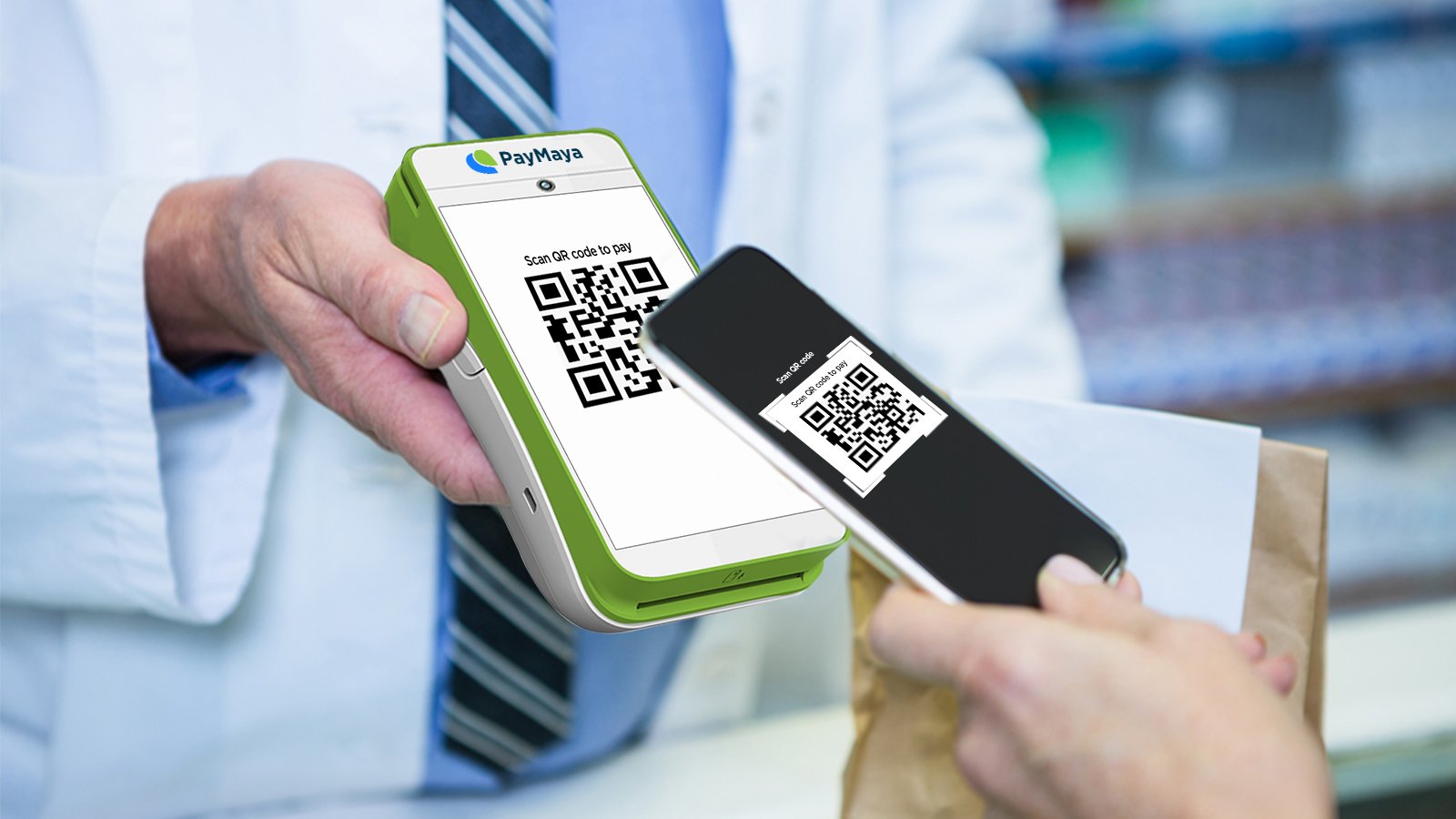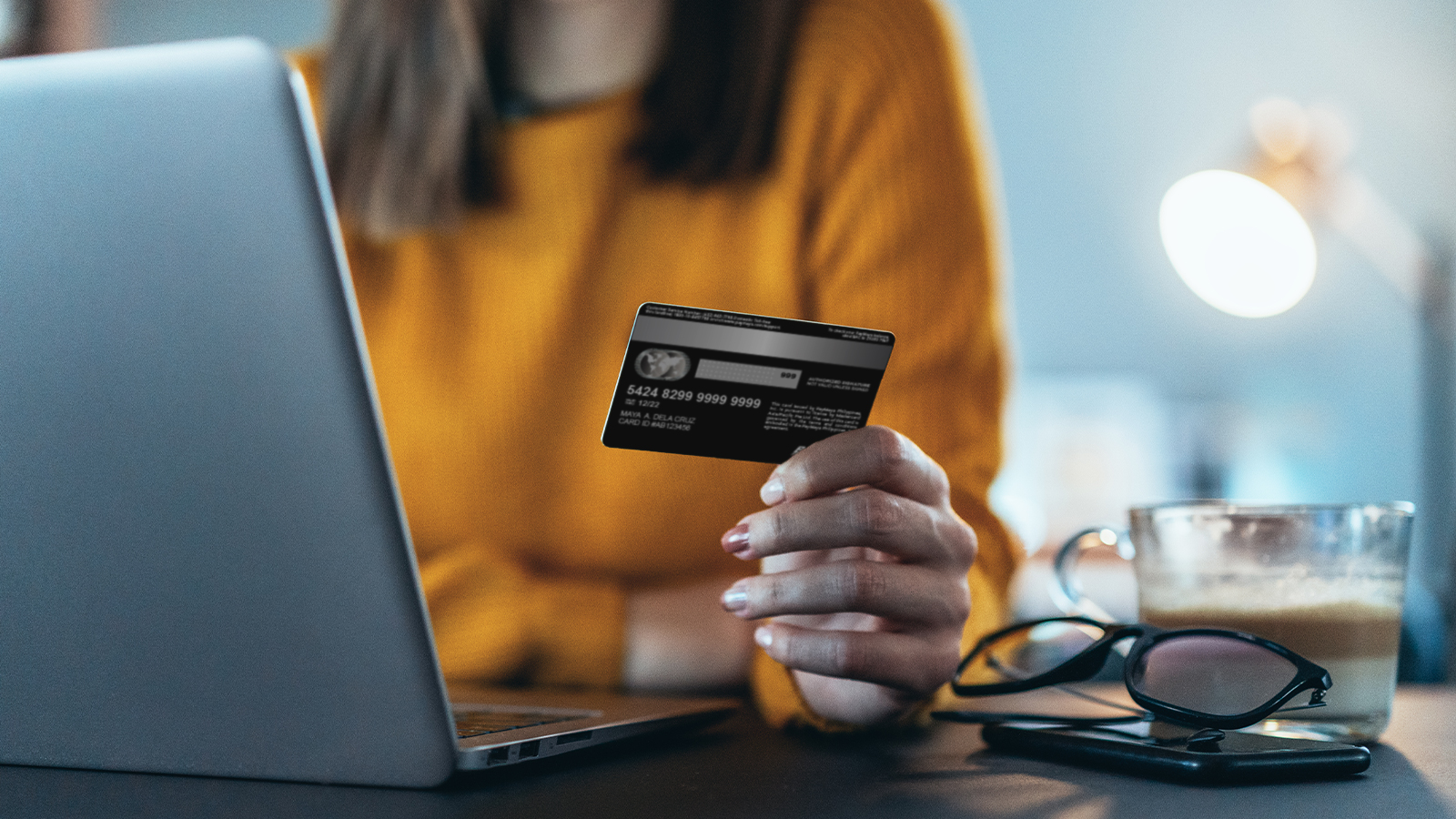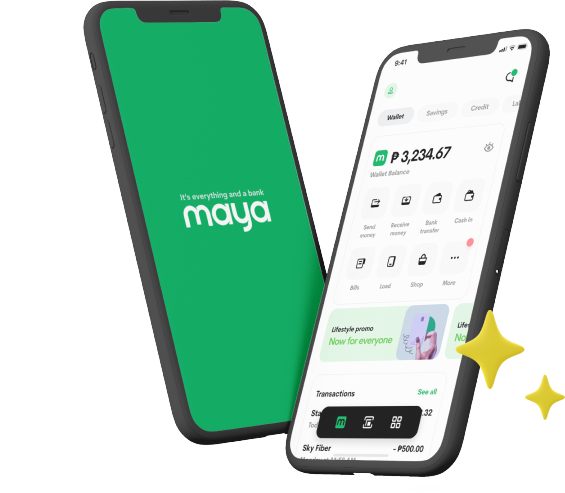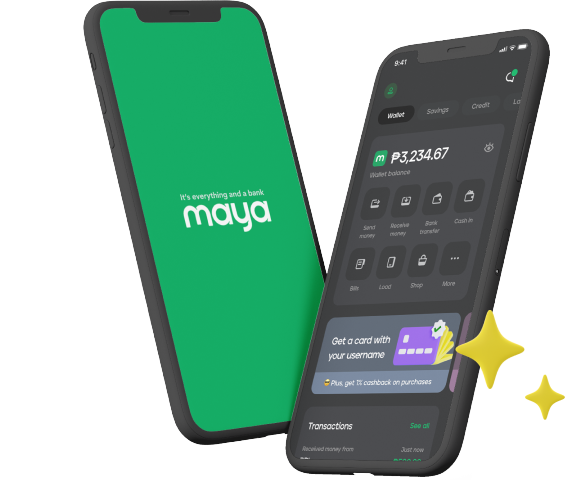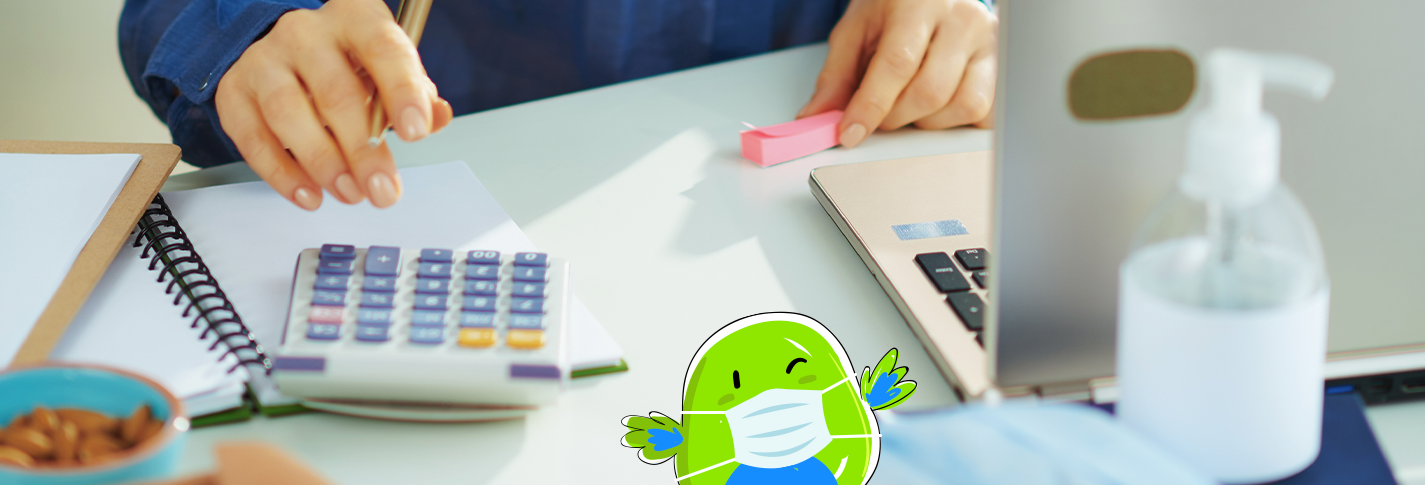
The COVID-19 pandemic has slowed down the Philippine economy almost to a complete halt. Some restrictions are slowly easing, but the fact remains that many Filipinos have to manage a tighter budget in the near future. With lost or reduced income, it has inevitably become a little more difficult to stretch cash reserves and save money.
Still, with some careful planning and a few practical tips, you can easily maximize your income and save money while on quarantine. Here are some ideas to get you started:
In the Living Room and Bedroom
Unplug Appliances
Due to quarantine measures, most if not every member of the family is staying at home. Therefore, your home appliances are being used more often and for longer hours. This will certainly result in an increase in your electricity bill. To help reduce consumption, get into the habit of unplugging your TV, gaming consoles, ovens, and other appliances with stand-by modes whenever they’re not in use. The cost of “phantom consumption” may be small, but it can definitely add up in the long run. Another benefit of unplugging is that your appliances will be safe from power surges. Don’t forget to switch off lights if you don’t need the extra illumination.
Pay Bills Online
Paying your bills online through e-wallets like Maya can help you save money, time, and effort in various ways. Aside from not having to commute and fall in line at payment centers, online payment methods also offer cashback rewards and other deals. Of course, paying your bills online saves you time. With just a few taps, you can already settle multiple utility bills and government payments. This means that online bill payments can help create more opportunities for you to be more productive.
Track Your Budget
To save money, you need to know where it goes. This is where budget-tracking apps come in. They can help you become more aware of your spending habits, showing you where you can cut back and reallocate funds. You can also get a clearer picture of all your payment deadlines and create a more effective schedule. If you’re more of the hands-on type, you can use a spreadsheet application to create your own budget tracker.
Unsubscribe From Various Services
When you’re at home, there’s a big temptation to binge-watch shows. You might also be persuaded to get fitness apps, e-readers, and various other services. But these subscriptions are quiet money drains, especially those that are connected to your bank accounts and auto-renew charges. Review all the apps and services on your phone or computer and cancel those that you haven’t used for longer than a month. The more subscriptions you can opt out of, the better it is for your wallet.
Check Out Free Offerings
Speaking of subscriptions, there are plenty of companies that have offered a lot of free books, movies, and TV shows on their platforms. From anime and movies on streaming platforms to free book downloads, you certainly won’t have any shortage of content. Be patient when looking for these freebies and don’t forget to ask your friends and relatives for their recommendations.
Clean or Change Aircon Filters
To make sure that your air conditioning unit runs as efficiently as possible, clean its filter regularly or change it when needed. With a clean filter, your aircon will consume less energy and also minimize the number of particles circulating in the air. Cleaning your aircon’s filter is also an easy enough job to DIY, which further adds to your savings.
Keep the Thermostat Low
The hot, humid weather can tempt you into turning up the thermostat of the air conditioner to keep your home cool. However, the extra-cold setting means the compressor and condenser also need to work extra-hard to maintain the temperature. In short, the colder the temperature, the higher the electricity consumption. Set the thermostat at a more reasonable level (around 23°C is ideal) to help lower your electricity bill.
In the Kitchen and Dining Room
Drink More Water
When you’re trying to save money, it’s best to avoid drinking soda, flavored drinks, powdered juices, and similar beverages. Not only do these cost more, but they also contain high amounts of sugar and other preservatives. Instead, drink more water. Water provides plenty of health benefits beyond hydration. It helps get rid of toxins, transport nutrients, and regulate body temperature, among many other functions.
Brew Your Own Coffee
If you’re a caffeine junkie, it’s better if you make your own cup of joe at home instead of driving out to a nearby coffee shop to get your fix. You don’t even need fancy equipment; even a simple coffee maker or French press will do wonders. For ideas on how to recreate your favorite brews, a simple Google search will yield thousands of results. (Or you can always revisit the previous tip and drink more water instead.)
Create a Meal Calendar and Batch Cook
We’ve all had that problem of not knowing what to cook or eat for the day. This sometimes ends with the decision to just have food delivered. There’s nothing wrong with this, of course, but doing it often means you’re spending more money than when you cook your own food. To help minimize the temptation of ordering out, create a meal calendar and batch cook your meals during the weekends. Then, just reheat servings when it’s time to eat. Having a meal plan and cooking in bulk also reduce your trips to the grocery. This, in turn, saves you even more money and also curbs impulse buying.
Be Mindful of Servings
When you waste food, you also waste money. More importantly, you also waste the resources that went into growing and making the ingredients. As such, be mindful of the servings you take for each meal. Make sure to finish your food or else store leftovers and consume them in the coming days. Besides, proper portioning of food can also help you lose weight.
Keep the Freezer Full
Did you know that your refrigerator consumes more energy if the freezer has little to no contents? That’s why it’s a good idea to keep your freezer full so that it works more efficiently. If you don’t have food to store, even a few ice cube trays will do the trick. Don’t overstuff the freezer, though. Make sure to leave enough room for the cold air to circulate.
While Doing the Laundry
Run Full Loads in the Washing Machine
Your washing machine works more efficiently if it’s running a full load of laundry. Just remember that like your freezer, you shouldn’t fill your washing machine to the brim. There should be enough space so that the clothes can spin properly. Pay attention to the water level as well to prevent wastage.
Don’t Use Too Much Detergent
Speaking of wastage, you should also use the correct amount of detergent and fabric conditioner. Sure, putting in a little extra can make fragrance stronger and last longer. However, this just means that you’re going to run out of the products faster. Using too much detergent and fabric conditioner also makes your clothes more difficult to rinse, and thus wastes water. The practice can also damage certain fabrics.
Line-Dry Your Clothes Under the Sun
As much as possible, skip the tumble dryer and line-dry your clothes under the sun instead. Unless it specifically states in the care instructions, your clothes can actually last longer if you hang them to dry. What’s more, they’ll smell fresher.
While Grocery Shopping
Make a Shopping List
The reason why many people overspend in the supermarket is that they don’t have a shopping list. Thus, they end up just grabbing the first things they think of. To save money, prioritize your needs and don’t buy anything that’s not in your list. A good tip is to also avoid the aisles where the unnecessary items are located.
Save Loose Change
As the saying goes, “A penny saved is a penny earned.” Indeed, during times of crisis, every single centavo counts. Make it a habit to save loose change. Put them in a jar or coin bank and spend them for minor household expenses.
Buy Simple But Nutritious Foods
Reducing your food expenses doesn’t mean starving yourself or buying cheap but unhealthy options. Look for simple but nutrient-rich foods, such as eggs and bananas. Almonds, peanuts, green beans, cauliflowers, and apples are also full of essential nutrients.
Buy Frozen or Canned Fruits and Veggies
If you live in an area that’s experiencing supply issues, you can buy frozen or canned fruits and vegetables. Contrary to popular myths, frozen or canned produce aren’t less healthy. What you have to watch out for are additives like sugar and salt; otherwise, pre-packed options are excellent ways to stay healthy when you don’t have access to fresh produce. They also come with the bonus of being a little more convenient.
Shop Around
You might already have a favorite brand of certain products, but it also pays to shop around. You might discover something similar but at a lower price point. Ask for recommendations or search online for more affordable alternatives.
In Your Backyard
Grow What You Can
Planting your own garden doesn’t have an immediate effect, but your patience and effort will definitely pay off in the future. Start with some quick-growing and low-maintenance crops such as tomatoes and pechay. What’s great is that you can grow a variety of plants from seeds or stalks that you would normally just throw away. There are also plenty of crops that you can cultivate in pots if you don’t have a lot of space. A simple internet search can give you plenty of gardening tips to increase your yield.
While you’re at it, it’s also a good idea to start a compost pit or bin so you don’t have to buy fertilizer in the future. In addition, composting is an eco-friendly practice so you’re not only saving your wallet but also Mother Earth!
Spend Time Outside
When you’re inside your home, you might get tempted to turn on the TV or have another snack even if you just ate. These activities can ruin your budget in the long run. Instead of staying inside, spend some time outside. It doesn’t matter if it’s just in the small terrace of your condo unit or the street in front of your house (don’t forget to wear a mask). Soak up some sunshine, get a bit of exercise, and just enjoy a few minutes to yourself. This is not only good for your physical health, but also for your mental and emotional well-being.
Other Money-Saving Tips
Saving money entails a lot of self-evaluation and self-awareness. By taking a look at your own habits, you can easily pinpoint where you’re spending money that can instead be allocated somewhere else.
That being said, here are a few more suggestions for saving money while on quarantine:
Quit Smoking
Smoking is an unhealthy habit that costs you quite a bit of money, even if you’re smoking only a couple of sticks per day. Some find that quitting gradually is more effective, while others were more successful with a cold turkey approach. Whichever way you choose, the bottomline is to stop smoking permanently.
Give Up Hot Showers
Unless you have a medical need to take hot or warm showers, it’s best to just take a bath with cold or room-temperature water. Boiling water in a kettle or using a shower heater might seem harmless, but the costs are hiding in your LPG expense or monthly electricity bill.
Try to Clear Debts
If you have accumulated debts, try to clear them or at least reduce the amount while on quarantine. You might not notice because you only see the total, but you’re actually paying quite a lot of charges the longer you let your debts stand.
What’s great about these money-saving tips is that they can easily be carried over when quarantine restrictions are lifted. That’s the real key to building your savings: don’t stop just because you’ve passed a stage. Continue the good habits you’ve built to protect your income and give yourself peace of mind during crisis situations.
Good luck!
References
https://www.cnbc.com/2020/04/13/these-seven-savings-tweaks-can-build-up-a-tidy-cash-reserve.html
https://www.starsinsider.com/lifestyle/428557/how-to-save-money-around-the-home-during-quarantine
You might also like
These Stories on Financial Literacy

